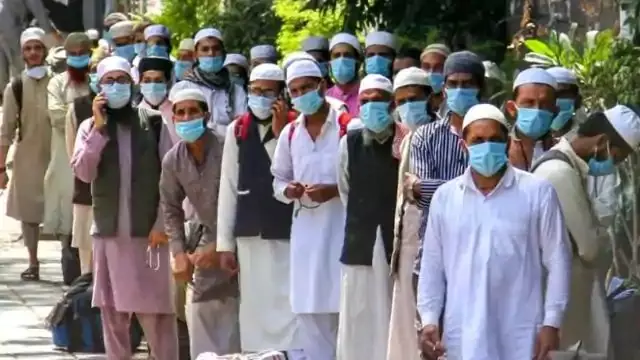Tablighi Jamaat- Possible That They Were Picked Up From Different Places & 'Maliciously Prosecuted': Delhi Court Acquits 36 Foreigners
Sparsh Upadhyay
16 Dec 2020 6:37 PM IST

"Prosecution failed to prove presence of the accused persons inside Markaz during 12.03.2020 01.04.2020": Saket Court
Next Story


